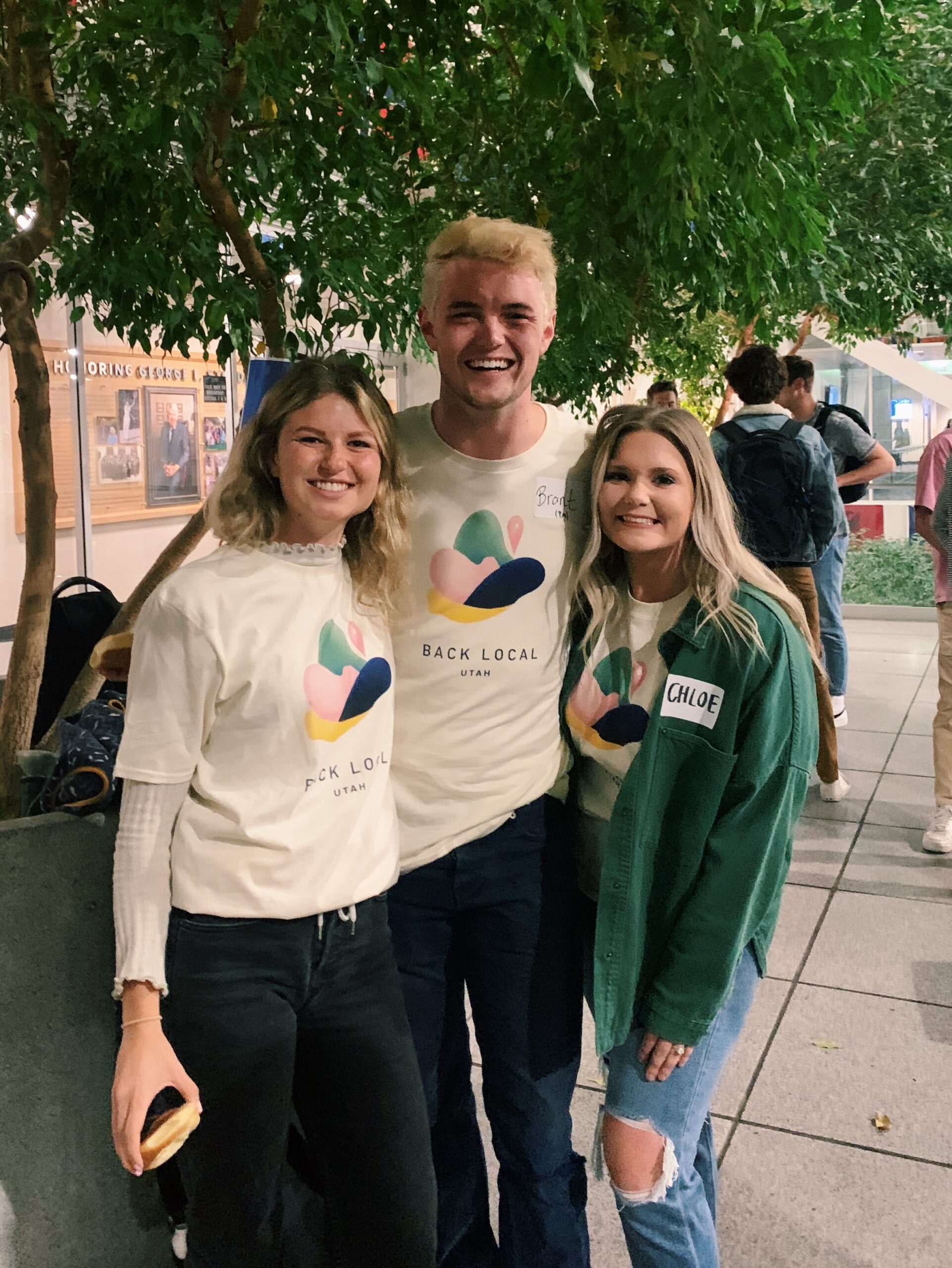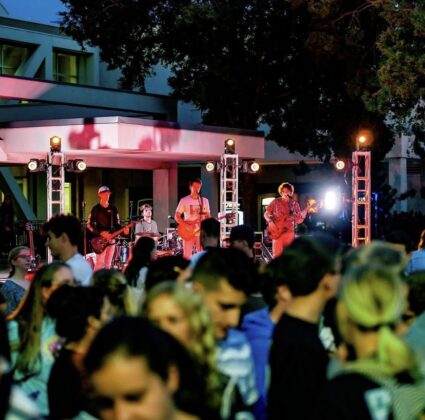
BYU’s aspiring entrepreneurs can find community through Creators: a new program by the Rollins Center for Entrepreneurship and Technology that provides business resources, mentorship and networking opportunities to students.
For years, BYU has been a launchpad for students who go on to create successful startups and businesses. Among its most esteemed alumni are the founders of Qualtrics, Domo, Vivint and Owlet — now billion-dollar companies.
Each had a team of founders who brought their own qualifications and expertise to the table. The aim of Creators is to encourage this spirit by bringing together teams that utilize diverse skill sets according to Jade Rogers, brand and communications director of the Rollins Center for Entrepreneurship and Technology.
“We really want to bring together all of the bright and talented students on campus,” Rogers said. “When people come together, that is when the best ideas are formed and when the best products are formed.”
Chris Crittenden, the managing director of the Rollins Center for Entrepreneurship and Technology, oversees Creators at a high level. He said there is a “divine spark” of creativity that everyone has — entrepreneurship is just a matter of discovering it and applying it in a business setting.
He gave the example of talented designers that might not see business as part of their futures — but if paired with someone skilled in business, their combined skills and visions could produce a revolutionary product, solve a problem or achieve a social good.
“That’s what Creators is about, is being a person who’s going to find other people with complementary skill sets and coming together to make a big impact on the world,” Crittenden said.
Nicholas Van Slooten is a senior at BYU, dual-majoring in economics and Chinese and minoring in strategy. He is the product manager for his team, working to develop an app called Tribe: a team-based accountability platform helping people connect in a safe space to overcome pornography habits.
Van Slooten said he focuses mainly on the strategy side of the product. He has two teammates: one software engineering the app and another designing it.
He found his teammates through a retreat to a cabin hosted over the summer for the Creators community.
“I networked with several other people and thought through some ideas and teams I wanted to work with, and ultimately ended up with Tribe, my current team. And I’m extremely glad I did,” Van Slooten said.
Chloe Petersen, a senior studying user experience design, met her team at the same cabin retreat.
Petersen said she uses the skills she learned in the user experience design major in her role as the user experience designer for her team. Their service is called Backlocal, a website and app that builds up local economies by providing an easier way to shop locally, online.
Creators also hosts monthly events where people can get to know each other as potential teammates and share business ideas. “We do jam sessions, which is live music and food and a small group of students coming together,” Crittenden said.
Though networking is a key function of Creators, it is not the only benefit available to students.
“Mentorship is specifically catered to and follows your business, and your mentor will always know how your business is doing,” Rogers said. “You can pick the mentors you feel like would be most effective for that.”
Students also have opportunities to win funding through Creators. “You get to pitch to investors regularly, and then you’ll get funding on an ongoing basis. You’re just getting free money,” Rogers said.
Readers interested in getting involved can visit the Creators website.







